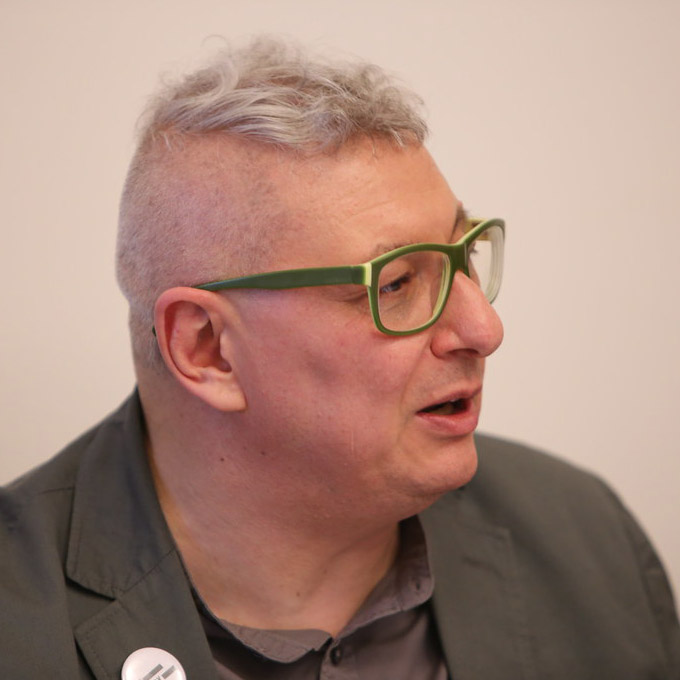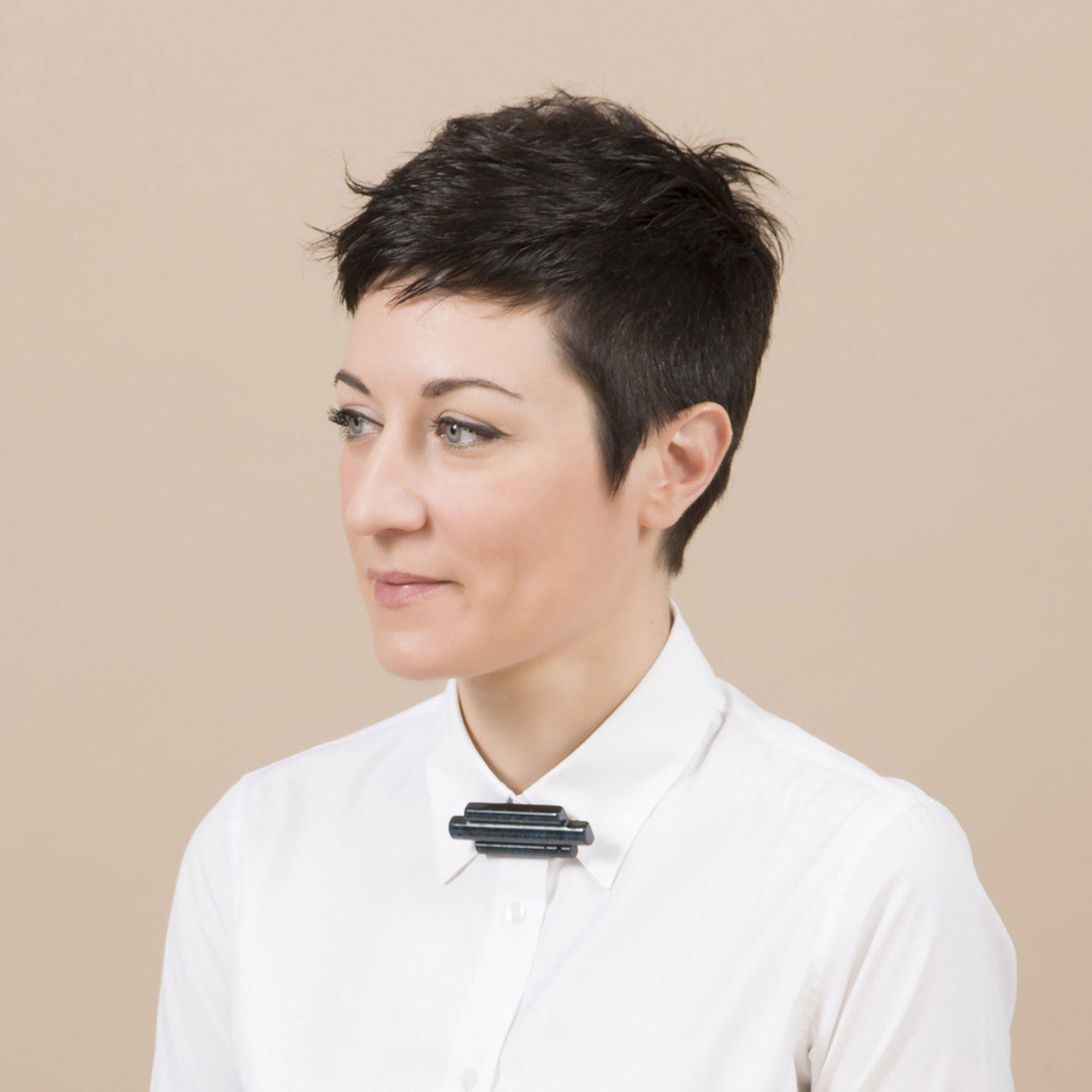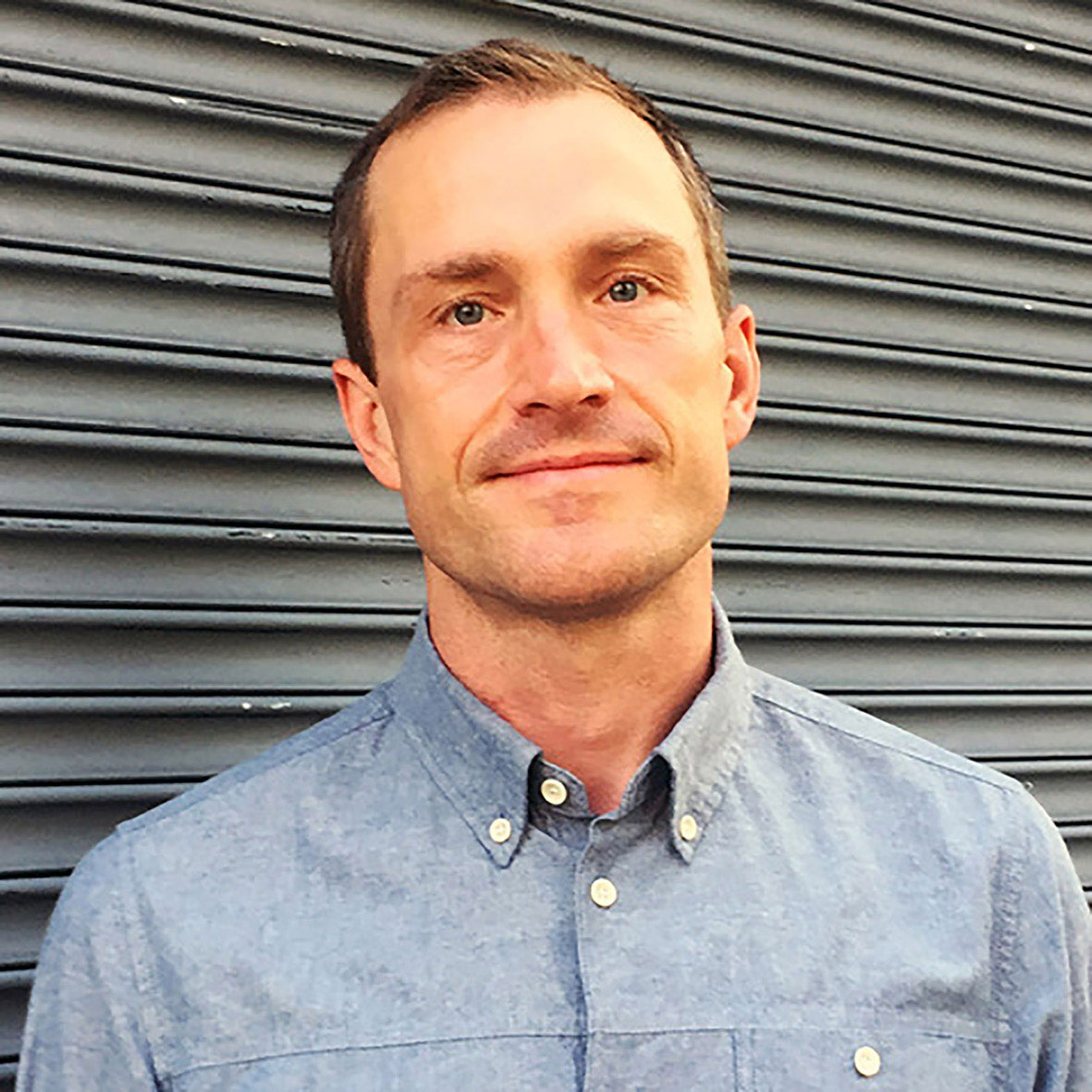Design PhD 2019 Summer School
1 – 5 July 2019
DESIGNING RTD EXPERIMENTS
Exploring and Materializing the Boundaries
of Experimental Knowledge
The Summer School
The Summer School has its focus in trying to explore what might be defined Research through design (RtD) nowadays. It tries to explore the relationship between theory and practice also focusing on what could be the contributions given by other disciplines. In particular, the aim is to discuss an idea of design research that moves away from the positivist vision that tends to assimilate it strictu sensu to the conventional hard sciences approach. The School proposes an epistemology of praxis as an inspirational methodological opportunity to develop an RtD inquiry. It aims to explore the potentialities of other disciplinary experiences which could be meaningful for the design practice to produce original, tacit/explicit, generalizable knowledge in forms that are not exclusively textual.
Therefore, the Summer School embraces the studio format within the doctoral didactic path, and it wants to sustain, doctoral students’ capabilities in applying their competences and knowledge (and the research tools typical of their disciplinary context) to foster the investigation of their own experimentation process (considered as an assemblage of epistemological, experimental and cognitive models and a codification of non-textual knowledge and practices).
The Summer School includes stimulating lectures and studio activities where students, organized in small groups, will have the opportunity to integrate, through a peer-to-peer exploration and discussion, the insight provided by the Keynotes and Guest Speakers.
Participants
Participants are doctoral students from the PhD programme in Design of the Politecnico di Milano, invited students from institutions part of the PhD in Design Network of Excellence:
-
- Doctoral Programme of Aalto School of Art, Design and Architecture | Aalto University, Helsinki – Finland
- PhD in Transition Design, School of Design | Carnegie Mellon, Pittsburgh – USA
- PhD in Design, Institute of Design | IIT Illinois Institute of Technology, Chicago – USA
- PhD in Design Engineering, Dyson School of Design Engineering | Imperial College, London – UK
- TU Delft Graduate School, Faculty of Industrial Design Engineering | TU Delft, Delft – The Netherlands
In the framework of the 2019 Summer School, the PhD programme in Design is exploring opportunities and challenges of the recently established PhD in Design Network of Excellence, an informal network of 6 PhD programmes in Design, spanning Northern and Southern Europe and the USA with the aim of sharing experiences, reflections and ideas for future developments.
The course challenges to imagine possible scenarios and speculate about the future can help to envision critical points in the thesis presented. Envisioning possible scenarios and thinking about future could help to define innovation’s critical points.
The Summer School proposes a semi-flipped classroom educational approach aiming to enable open knowledge dynamics, through practices of peer-to-peer exchange and sharing. Part of the goal is to rethink the educator’s role, which should not be intended anymore as a “master” (in the classical sense), but rather as a “mentor”, a guide into the intricate art of heuristics. This approach is particularly relevant today, as the quantity of information exceeds the capacity of knowledge that a single individual can process and critical attitude becomes a necessary tool to address complexity.
CRITICAL FEEDBACK
Expressing opinions and comments which can generate a useful debate
CRITICAL CONTEXT
Give background to critics and questions, starting by specific sectors or disciplines
BRING REAL FACTS TO THE DISCUSSION
Facts matter and they can give depth and context to research questions, providing a foundation for intervention

From lectures to hands-on activities, exploring and materializing the boundaries of experimental knowledge
The School provides stimulating lectures and studio activities where students in small groups integrate, through a peer-to-peer exploration and discussion, the insight provided by the Keynotes and Guest Speakers.
Keynote speakers
Meet the keynote speakers of the course






Case Studies
Come and listen to some relevant cases



At Politecnico di Milano, she has been professor of aerospace and orbital mechanics for many generations of engineers; hundreds of graduates are active researchers and professionals in Italy and abroad in the design and implementation of space missions.
Amalia Ercoli-Finzi has contributed to many space research programmes. One of the first was the TSS (Tether Satellite System) programme, jointly conducted by ASI and NASA; the PalaMede demonstration microsatellite is one of the most recent one, developed entirely at the Polimi Department of Aerospace Engineering for remote sensing purposes.
Amalia Ercoli-Finzi is the reference scientist of SD2 tool (ESA Rosetta mission), addressed to drilling the cometary nucleus and collecting samples of cometary soil, in order to identify their composition and the possible presence of organic compounds.
Amalia Ercoli-Finzi carries out an intense activity for the promotion of female presence within the scientific faculties and, in particular, in Aerospace Engineering.


He completed the Fab Academy in 2015 and, in 2016, he became Instructor and Global evaluator. He is also lecturer in “digital fabrication” at NABA (Nuova Accademia di Belle Arti) and Domus Academy in Milan, LABA (Libera Accademia Belle Arti, Brescia), and SUPSI (The University of Applied Sciences and Arts of Southern Switzerland).


He has been working at Museo Nazionale della Scienza e della Tecnologia Leonardo da Vinci since 1997 and he is currently Curator of the Leonardo, Art and Science Department.
He has curated several exhibitions in Italy and abroad. He has recently curated the exhibition and catalogue 'Leonardo da Vinci. La scienza prima della Scienza' at the Scuderie del Quirinale, in Rome, that opened in March 2019.

Faculty

Stefano Maffei, PhD
Full Professor,
Department of Design,
Politecnico di Milano
He teaches Advanced Product-Service System and Production Models and Service Design at the School of Design, Politecnico di Milano. He is the Director of Polifactory the Fab Lab/Maker Space of Politecnico di Milano, of the Service Design Master and of the Service Innovation Academy at POLI.design, Politecnico di Milano. He coordinates international research projects and labs exploring the design for policy thematic area, also in collaboration projects with public bodies and institutions exploring the creation of innovation ecosystems based on openP2P collaboration between designers, makers/makerspaces and SMEs/Craftsmen.

Chiara Colombi, PhD
Associate Professor,
Department of Design,
Politecnico di Milano
Her research interests concern knowledge creation processes, codification of meta-design research praxis and development of merchandising systems in “culture intensive” industries, with a specific focus on the fashion sector.

Jonathan Chapman, PhD
Full Professor,
Director of Doctoral Studies,
School of Design, Carnegie Mellon
Chapman is Full Professor & Director of Doctoral Studies at Carnegie Mellon University’s School of Design. His research shapes design paradigms for longer-lasting products and experiences—an approach he calls “emotionally durable design.” He works with global businesses and governments, from Philips and COS, to the House of Lords and the UN—advancing the social and ecological relevance of products, technologies, systems, and policies.
Download here the course syllabus
Programme
Keynotes and Case Studies are open lectures given by international speakers.























